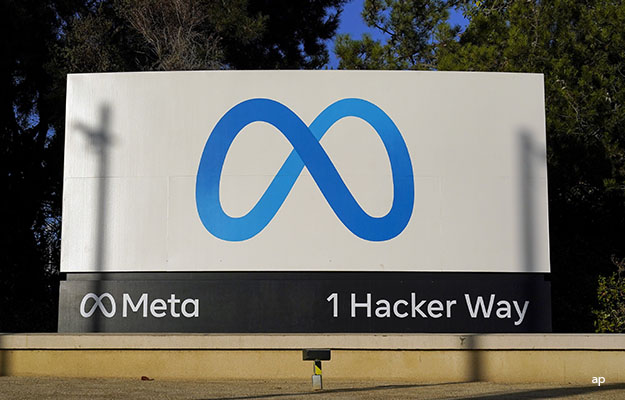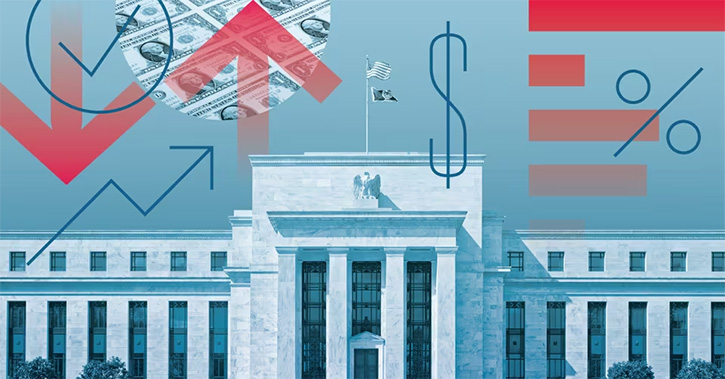Emma Wall: Hello, and welcome to Morningstar. I'm Emma Wall and I'm joined today by Robert Wescott, an Economic Consultant for Pioneer Investments and President of Keybridge Research.
Hello, Robert.
Robert Wescott: Hello. How are you?
Wall: Very well, thank you. Thank you very much for being here. You’ve just spoken at the Morningstar Investment Conference and one of the topics that you touched on was the upcoming U.S. elections. We’ve already seen some effects of the pre-election gambit. One of those has been pharmaceutical stocks have been really impacted. But what I wanted to ask you is what happens with the outcome. What happens if we get Trump for president?
Wescott: It is a big concern for me. Most candidates have political party support and there is a certain way you play the game. You have policy positions and you have written papers on your policies towards taxation, to international trade, to whatever it is. And Jeb Bush would have had that, Hillary Clinton has that, but Donald Trump does not have that.
He’s not a traditional candidate, not supported by a traditional party. So he’s making foreign policy, economic policy and so on with a live microphone and he says what he thinks at that moment. And we don’t really know if that’s policy or not. We see some pretty concerning statements coming out of his mouth. He talks about putting a 45% tariff on Chinese goods. I worry that that would create a trade war with China, for example. We see an America First foreign policy; we are not quite sure what that means, but it looks like kind of active disengaging with the rest of the world. I don’t think Europe likes that. I don’t think Asia likes that very much. So we have some big concerns.
Wall: There have been some people who have reported however that this was Trump trying to get the leadership candidacy. However, the way that he is going to run his election campaign, he’s going a lot more softly. It’s going to be less about the headlines and that potentially he could be a strong candidate.
Wescott: So he has the potential to be a strong candidate. What’s happened in the last week is quite amazing; he really just sewed up the Republican nomination last Tuesday after he won the Indiana primary. And there are three big factions within the Republican Party that you normally have to reach out to and put together if you are the Republican nominee. You have to reach out for the evangelical Christians and bring them in. You have to reach out to the business Republicans, who are worried about like exports and trade, and you have to reach out to Tea Party forces. He's got the Tea Party folks. They like him quite a bit. But the last week you expected him, after he had the nomination, start reaching out and pulling these other people in and in fact, it has been the exact opposite. If anything, he's criticized the business Republicans; he's criticized the evangelical folks. So he’s not playing the game the way you would think he would play it. If this was really just an act, he was trying to put together a coalition, he's not playing the game very well in my opinion.
Wall: Let’s play devil’s advocate, then. Let’s say that he does get into the White House. You mentioned his foreign policy. What would that do for markets and economics?
Wescott: I think it would be scary. I mean, we already see some Europeans and some other international investors lightening their load, lightening their exposure to U.S. equities, to U.S. assets, because of concerns about Donald Trump.
Quite frankly, I find that very concerning. I mean, normally an American election should be a quiet thing. There should be a mainstream Republican, a mainstream Democrat. They might have differences on tax policy a little bit here or there, but you know you are going to get a pretty reliable policy running the country, taking care of institutions, taking care of budgets and so on. We don’t have that right now and that’s the part that of course concerns people. So, I think some people are basically saying, "Let me lighten my U.S. exposure for a while."
Wall: I know Hillary hasn’t got it sewn up quite yet, has she? But if she becomes president, what sort of foreign policy, what sort of domestic policy should we expect and how will that impact stock markets and the economy?
Wescott: You know, Hillary is naturally a little bit to the right of Barack Obama. As a Senator from New York for eight years, she had a very good reputation for being business-friendly, not just towards Wall Street and the financial community, but to exporters in New York state. She worked very hard to help them with eliminating trade barriers that they were facing and get their products out there in the world.
So her natural instincts are to be pro-trade, pro-business. And so I think she’s been pulled to the left by Bernie Sanders during the primary season, and some of that she’ll try to walk back if she gets into the general campaign. Some of it she can’t quite walk back. I mean, I think she’s going to be on record for raising the minimum wage.
She’s now on record saying that she wants to have an extension of our national health insurance be available not just to 65-year-olds and over as it is today, but to maybe 55-year-olds or 50-year-olds, so kind of an extension of the single-payer health insurance plan. And so Bernie’s pulled her in that direction. We’ll see where it ends up. But I think her natural instincts are to be to the right of Obama.
Wall: In the meantime, a bit of market volatility as all the dust settles.
Wescott: Markets don’t like uncertainty, and they don’t like the lack of knowledge of what someone might do in a policy position. I think that’s the thing with Trump that scares people. We are not even sure what his policies will be. He can say we’re going to put a 45% tariff on Chinese goods. He could appear in front of a microphone in August and say, "Oh, I have changed my mind; we’re not going to do that now. We’ll do something else."
So we don’t really know what he stands for. What are the things he’ll really fight for and what are the policies he would actually put in place, and what is just fluffing and statements to make on the campaign trail?
Wall: Robert, thank you very much.
Wescott: Thanks.
Wall: This is Emma Wall for Morningstar. Thank you for watching.




















